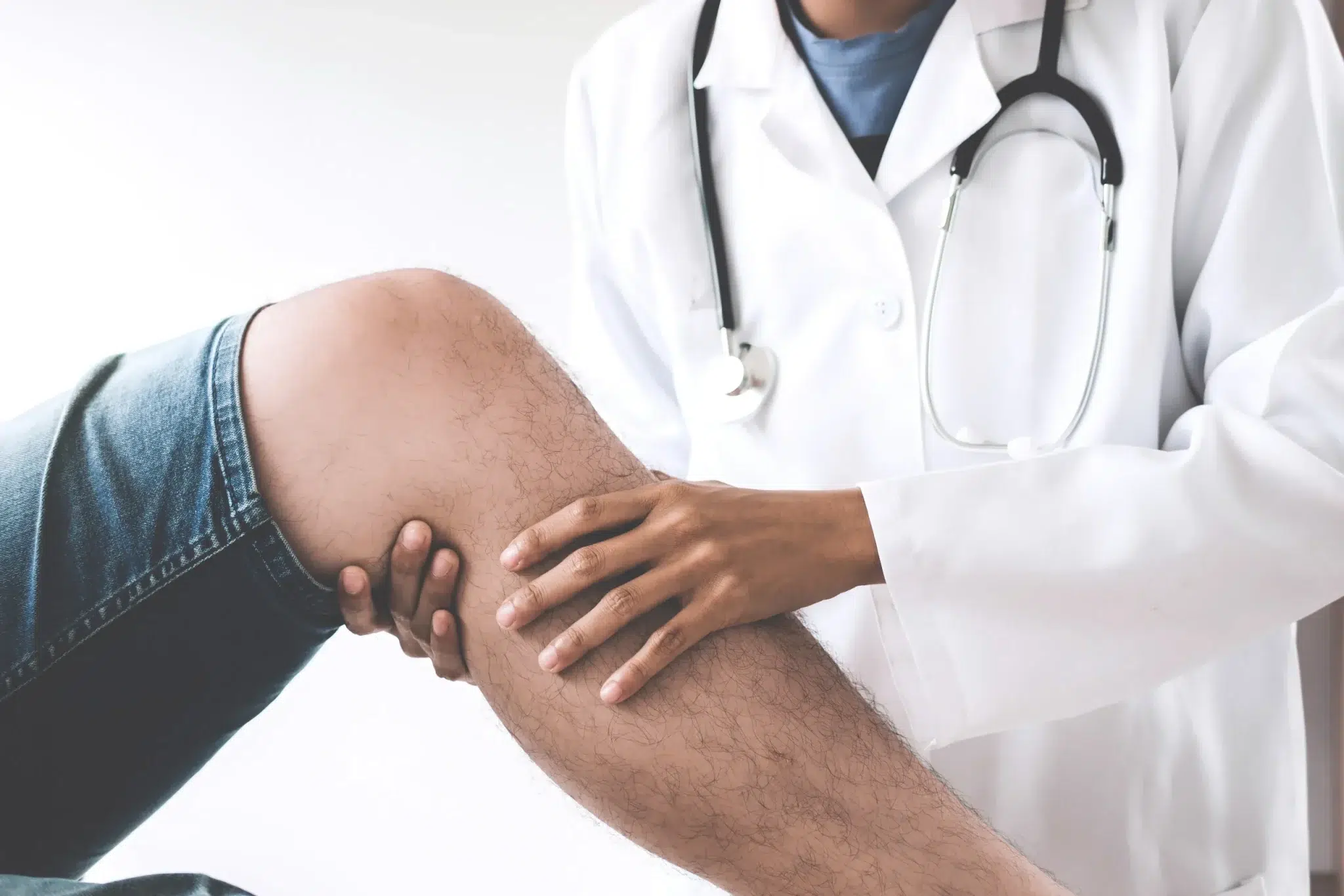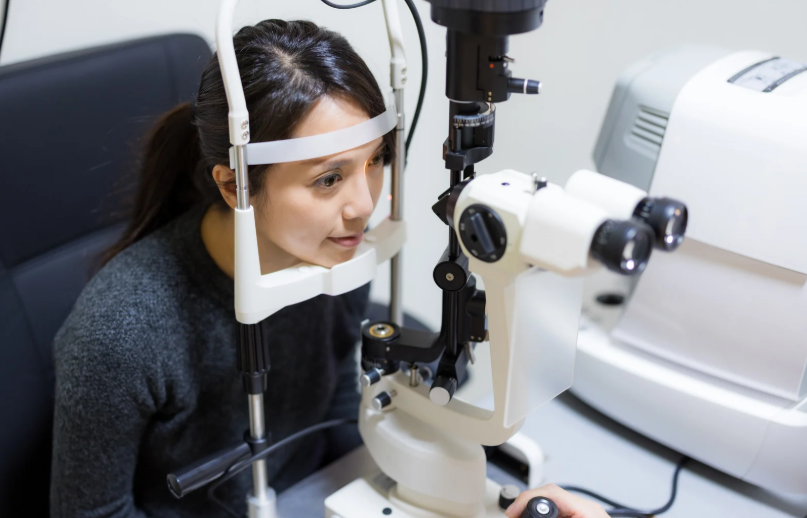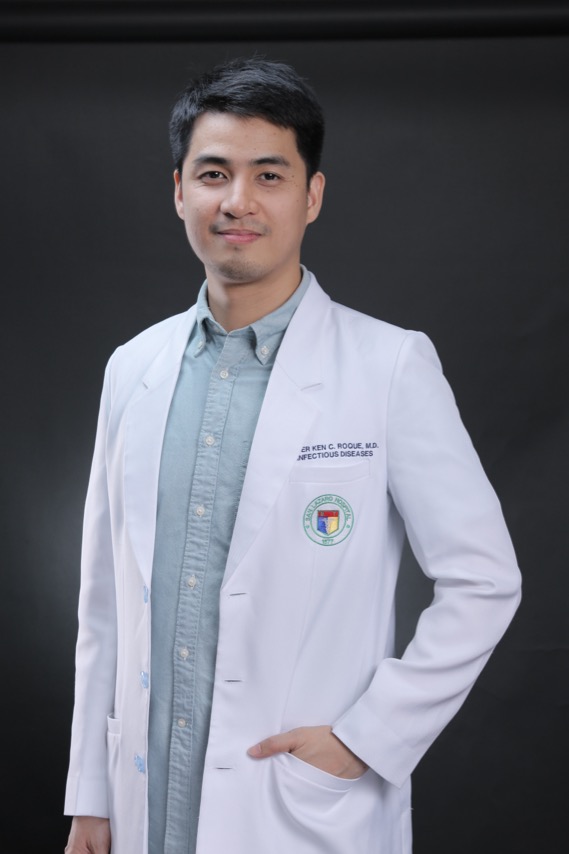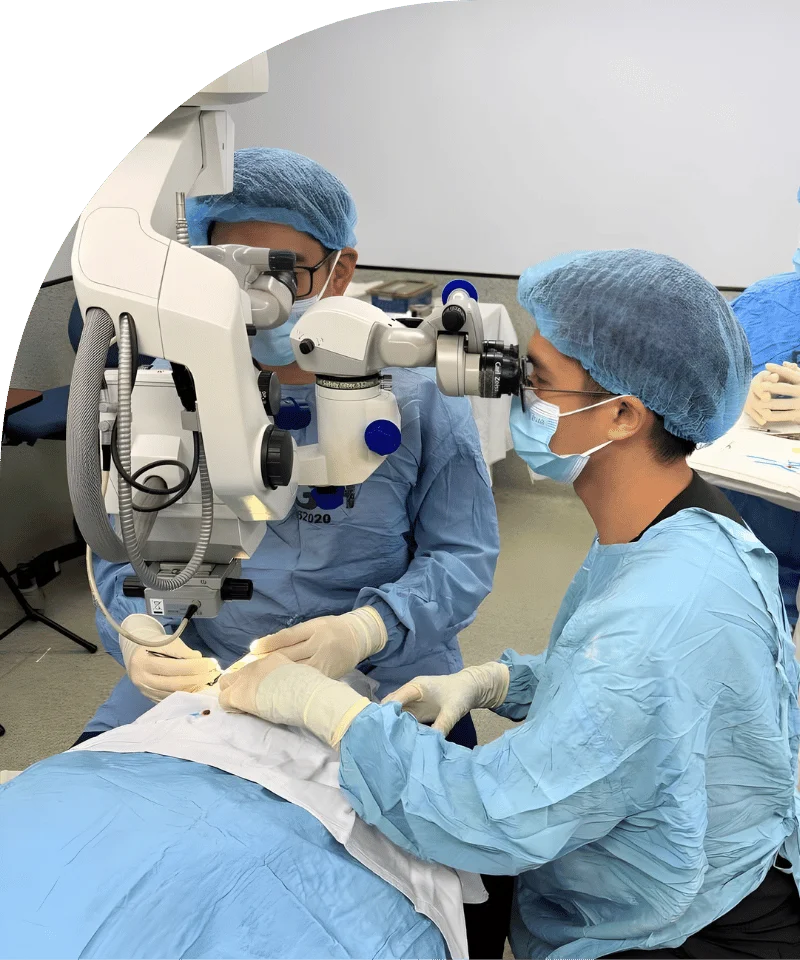Understanding the Role of a Specialist Doctor for Wounds
A Specialist Doctor for Wounds plays an essential role in providing focused treatment for injuries that do not heal properly or require advanced care. Unlike a general practitioner who may treat a broad range of medical concerns, a wound specialist is equipped with training specifically aimed at healing wounds effectively. These doctors study advanced techniques to address infections, prevent complications, and restore damaged tissue. Their expertise ensures patients receive individualized treatment rather than a one-size-fits-all approach. This level of care is particularly important for chronic wounds that demand ongoing attention and management. By addressing both the wound itself and the underlying causes, wound specialists help patients achieve better recovery outcomes. Patients who work with these professionals often notice improvements in healing time and overall health stability.
Types of Wounds That Require a Specialist Doctor for Wounds
Not every wound requires specialized care, but certain types demand the attention of a Specialist Doctor for Wounds. Acute wounds such as cuts, lacerations, and surgical incisions may seem manageable, but they can become complex if infection sets in or healing is delayed. Chronic wounds like diabetic ulcers, venous ulcers, and pressure sores almost always need professional oversight due to their persistent and recurring nature. Traumatic injuries from accidents, falls, or workplace hazards may also benefit from advanced wound treatment to prevent long-term damage. Burns, whether minor or severe, require specialized knowledge since improper care can lead to permanent scarring. Additionally, infected wounds that do not respond to common medications should never be ignored, as untreated infections can spread quickly. By consulting a wound specialist early, patients can reduce the risk of complications and improve their chances of a faster recovery.
Advanced Treatments Used by a Specialist Doctor for Wounds
The methods employed by a Specialist Doctor for Wounds go far beyond standard first-aid or over-the-counter remedies. Modern wound care involves innovative solutions designed to accelerate healing and reduce patient discomfort. For instance, advanced dressing materials are used to maintain a moist healing environment, which promotes quicker tissue regeneration. Negative pressure wound therapy is another option, where suction devices help remove excess fluids and encourage new cell growth. Hyperbaric oxygen therapy can be used for chronic wounds, allowing patients to breathe pure oxygen in a pressurized environment, which boosts circulation and healing. Debridement techniques, whether surgical, enzymatic, or autolytic, are essential for removing dead tissue and preventing infection. Infection control remains at the core of wound treatment, with specialists prescribing the right antibiotics and applying targeted therapies. These advanced approaches not only treat the wound itself but also enhance the body’s natural healing response.
Benefits of Consulting a Specialist Doctor for Wounds
Choosing a Specialist Doctor for Wounds offers numerous benefits that go beyond simple wound management. Patients receive accurate diagnosis and treatment plans that are tailored to their specific condition, reducing unnecessary trial-and-error approaches. Faster recovery times are often achieved due to advanced techniques and close monitoring. By consulting a wound specialist, patients can also prevent long-term complications such as deep infections, severe scarring, or even amputations in cases involving diabetic ulcers. Beyond physical healing, the emotional relief that comes with expert guidance improves quality of life for both patients and caregivers. Specialists provide comprehensive advice on wound care routines, from dressing changes to hygiene practices, making it easier for families to manage recovery at home. Additionally, they help patients adjust lifestyle habits such as diet, exercise, and foot care, especially for those with chronic health issues. The combination of expert medical care and patient education creates a strong foundation for lasting health improvements.
When to Seek a Specialist Doctor for Wounds
Knowing when to consult a Specialist Doctor for Wounds is vital to prevent minor injuries from developing into serious complications. Any wound that fails to show noticeable improvement within two weeks should be examined by a professional. Signs of infection such as redness, swelling, foul odor, or pus are strong indicators that immediate medical attention is necessary. Patients with diabetes or poor circulation must be especially vigilant, as even small cuts can develop into serious ulcers without proper care. Severe pain, skin discoloration around the wound, or sudden changes in the wound’s appearance should never be ignored. Recurrent wounds that heal temporarily but keep coming back are also a sign of an underlying condition that needs expert attention. By seeking a specialist at the right time, patients can avoid hospitalization, minimize the need for surgeries, and prevent life-threatening complications. Early intervention often leads to quicker healing and improved patient outcomes.
The Patient’s Role in Healing with a Specialist Doctor for Wounds
While the Specialist Doctor for Wounds provides expert treatment, the patient plays an equally important role in the healing process. Following prescribed treatment plans is critical to ensure that medical interventions work as intended. Proper wound hygiene, including timely dressing changes and keeping the area clean, significantly reduces infection risks. Nutrition also has a powerful impact on healing, as diets rich in protein, vitamins, and minerals help the body repair tissues more effectively. Staying hydrated and avoiding harmful habits such as smoking also contribute to faster recovery. Regular follow-up visits allow the doctor to monitor progress and adjust treatment plans as necessary. Patients should also maintain open communication with their doctor, reporting any changes in symptoms promptly. By actively participating in their care, patients can complement the specialist’s expertise and ensure a smoother, faster recovery journey.
Choosing the Right Specialist Doctor for Wounds
Selecting the right Specialist Doctor for Wounds can make a significant difference in recovery outcomes. It is important to look for a physician with recognized qualifications and certifications in wound care management. Experience with a wide range of wound types ensures the doctor is well-prepared to handle complex situations. Patients should also consider the hospital or clinic facilities available, as access to advanced equipment and therapies can enhance treatment quality. Reviews and testimonials from other patients can provide valuable insight into the doctor’s approach and success rates. Accessibility is another factor, especially for patients who require long-term monitoring and follow-up care. Most importantly, patients should feel comfortable and confident with their chosen specialist, as trust and communication are vital in any healing process. By carefully evaluating these factors, individuals can ensure they receive the best possible care for their wound management needs.
FAQ Section
Q1: What is the difference between a general doctor and a specialist doctor for wounds?
A general doctor can manage minor injuries, but a specialist doctor for wounds has advanced training and access to specialized therapies for treating chronic, infected, or complicated wounds.
Q2: Do I need a referral to see a specialist doctor for wounds?
In most cases, you can directly consult one, though some insurance providers may require a referral depending on your coverage.
Q3: Are wound specialists only for people with chronic conditions?
No, they also treat acute injuries, surgical wounds, trauma-related wounds, and burns that require specialized care.
Q4: How long does it usually take for a wound to heal under specialist care?
Healing time depends on wound type and overall health, but with specialist care, wounds often heal faster and with fewer complications.
Q5: Can a specialist doctor for wounds help prevent future wounds?
Yes, they provide preventive education, lifestyle advice, and customized strategies to reduce the risk of recurring wounds.









